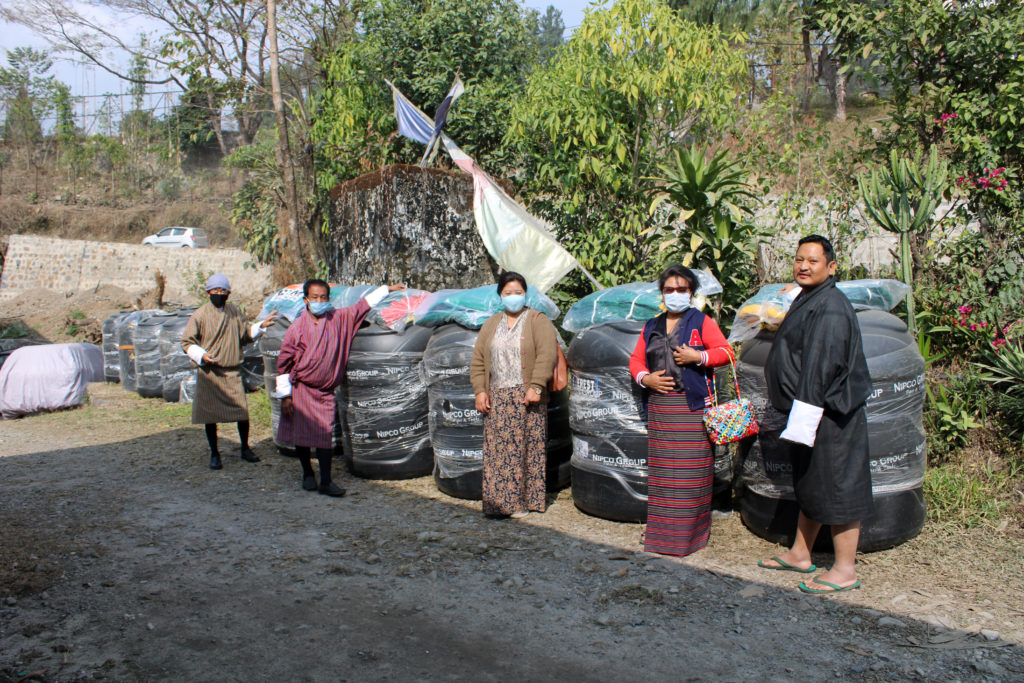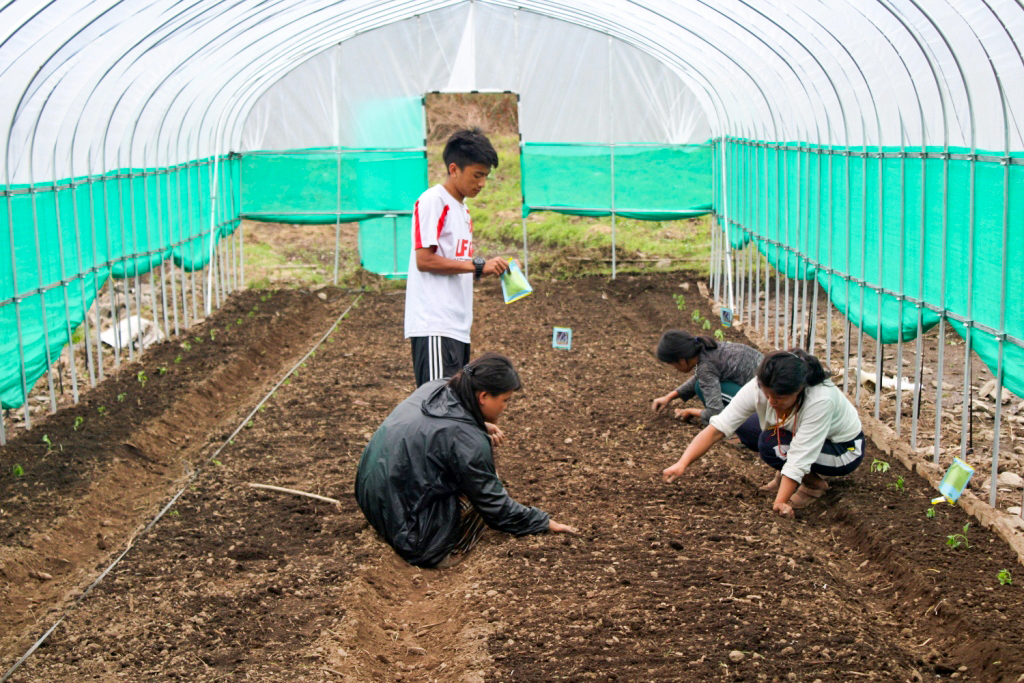March 15, 2021
A youth-led organic urban farming group’s work in Dewathang is turning into a model for many aspiring urban farmers. The farms employ local youth who have been impacted by COVID-19, to grow vegetables for their families and communities during ongoing shortages. Beyond that, the teams are also farming 2.5 acres of mustard to produce mustard oil for sale at local markets.
With support from the United States Agency for International Development and the Bhutan Foundation, the Samdrup Jongkhar Initiative (SJI) has set up a total of five urban farms and ten small-scale farms. Inspired by this project, many other farmers and spouses of civil servants have started growing vegetables nearby.
Since October 2020, the group has been cultivating chili, beans, spinach, broccoli, cauliflower, tomato, onion, and cabbage on 2.5 acres of land. Similarly, they had cultivated 2.5 acres of mustard. During the second national lockdown, they made their first harvest and were the first among the project beneficiaries to sell the following vegetables. In total, they sold about 780 kilograms of assorted vegetables and 350 bundles of saag worth Nu. 61,200.
Other beneficiaries are yet to harvest from their vegetable garden, and some are in the process of farm development.
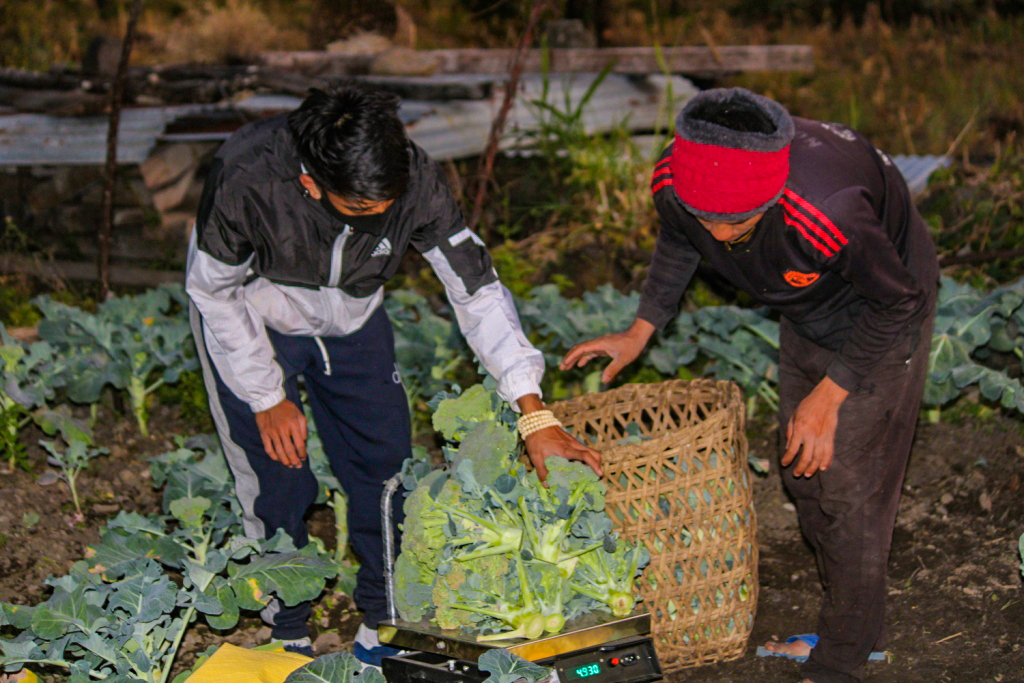
Here is a detailed coverage of the project.
Consultation Meeting
The key stakeholders have been consulted at the time of project formulation. However, in line with the approved project activities, the SJI met with the Dzongkhag Agriculture Sector, Local Government leaders, and lead farmers to introduce the project activities. In the meeting, the stakeholder also discussed specific areas of partnership and sharing resources towards improving food self-sufficiency and reducing food imports from India due to the COVID-19 pandemic through commercial and urban farming in rural and urban communities. The Dzongkhag Agriculture Sector assured its technical support to implement the project activities.
Project Beneficiaries for Urban Farming
Based on the total project area of five acres spread out in different places and locations, 30 urban farmers, including youth and women vegetable groups, have been identified based on their interest, area for cultivation and their economic condition due to the pandemic. The beneficiaries consist of 17 women and 13 men. Out of 30 urban farmers, 20 are from Dewathang and 10 are from Samdrup Jongkhar municipal areas.
The majority of these urban farmers have started cultivating in government and private lands on lease while some of them have their own land.
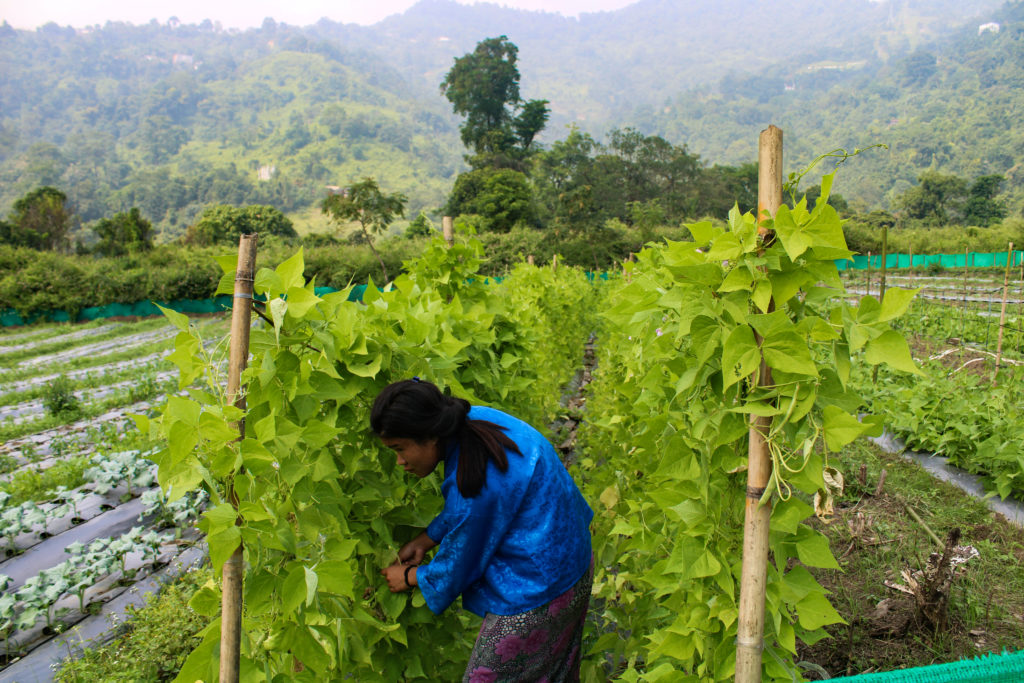
Seed Distribution
The SJI office has procured 236 packets of seeds from the local farmers and the National Seed Center, Paro. They have distributed about 11 varieties of seeds to the beneficiaries. At least 50% of the beneficiaries have raised their nurseries, transplanted and are about to make their first harvest.
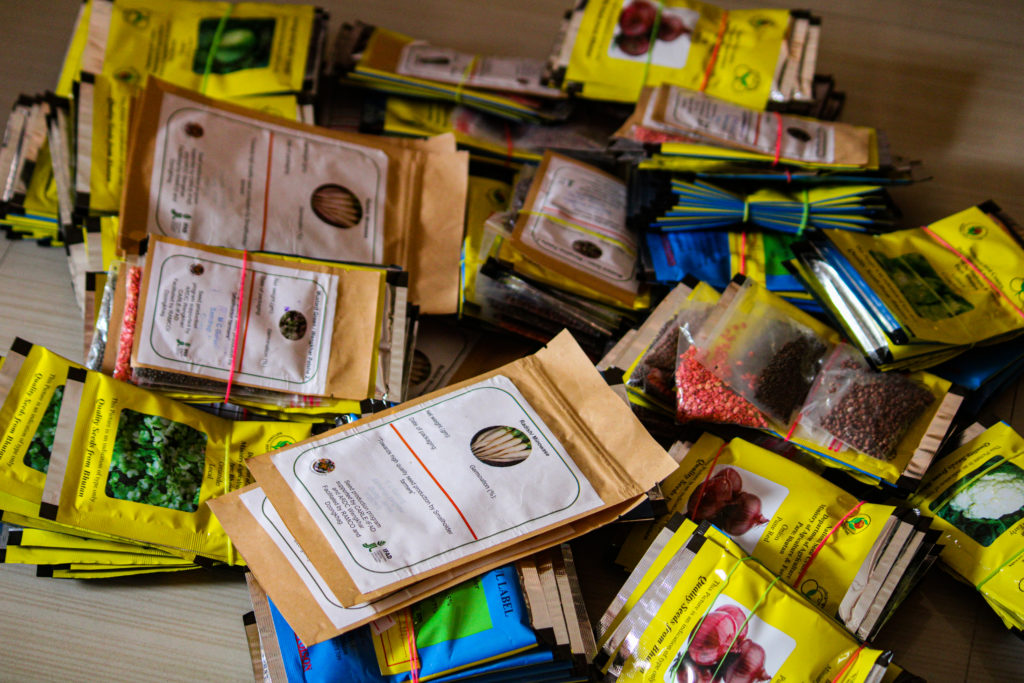
Land Preparation and Net Fencing
As part of farm mechanization and addressing the farm labor shortage, a power tiller from the Rikhey community was hired for plowing 2.5 acres of land for urban farmers. Further, to mitigate the human-wildlife conflict, 15 numbers of the green net were supplied to 15 farmers which will protect at least 2.2 acres of their farmland. Constant water supply is very fundamental for the proper growth of vegetables. Towards this, the project has supplied 15 numbers of 1000 liters capacity water storage tanks to 15 farmers.
Supply of Farmyard Manure (FYM)
In order to boost production, 10 metric tons of FYM were supplied to both the urban and commercial farms. The procurement of FYM had really supported our local farmers to earn extra income which ultimately progressed their economic perspective.
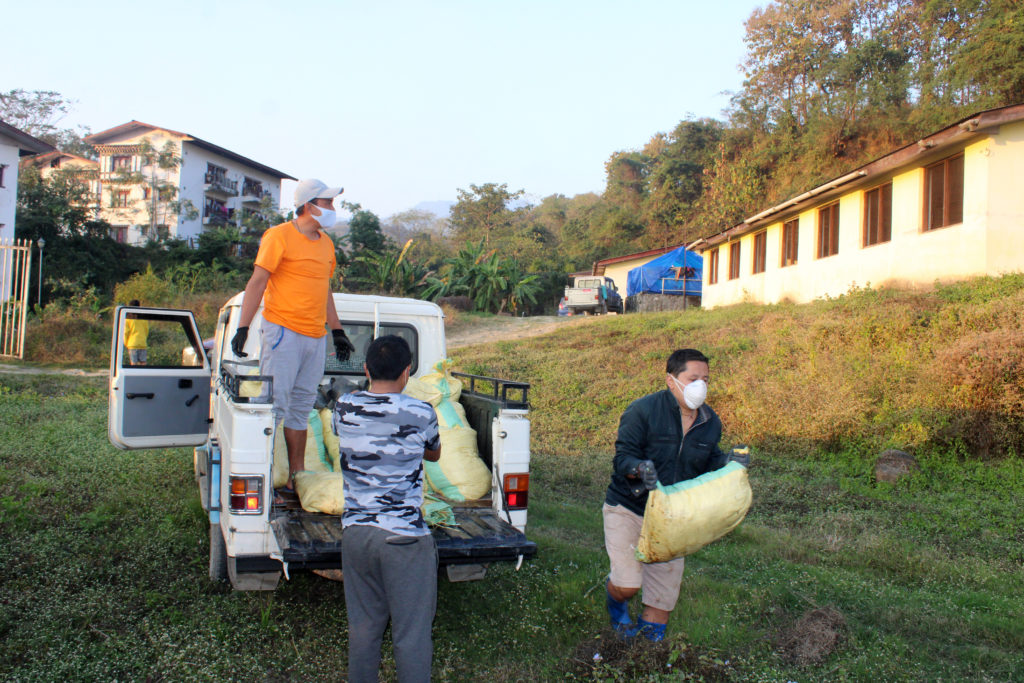
Commercial Farming and Oil Seed Cultivation
With prior consultation from local leaders, Agriculture Extension Officer and lead farmers, three vegetable groups were identified for commercial vegetable production. Each group is cultivating at least an acre of land. Currently, these groups are in the process of farm development, land preparation and nursery raising.
Three households and a youth group revived the long-forgotten practice of cultivating mustard in the wake of COVID-19. According to local farmers, they discontinued the cultivation due to a lack of oil extraction machines and the availability of cheap substitutes such as imported oil. This time, they have cultivated about five acres of their farmland.
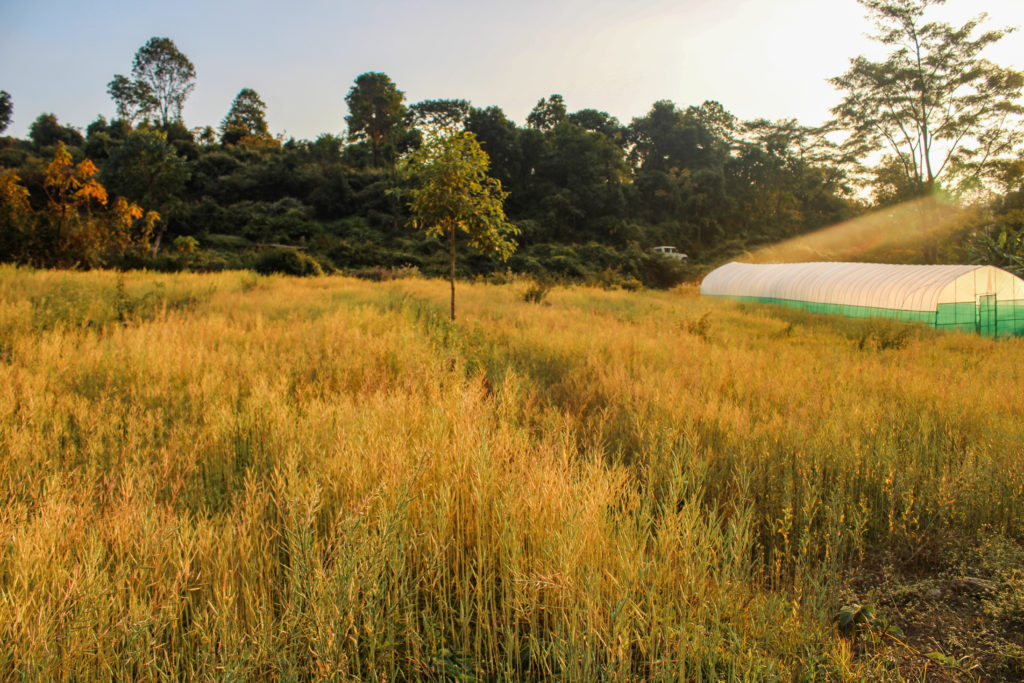
The project supported them with land preparation while the agriculture sector had provided them with mustard seeds. With the news of the installation of oil press machines in the community, at least another 10 farmers took their own initiative and cultivated on 10 acres of land.
While the project officials were able to purchase and distribute some materials to the beneficiaries, they are yet to procure other equipment and machine delayed by the national lockdown. They plan to complete the distribution of all required equipment by the second quarter of the project.
